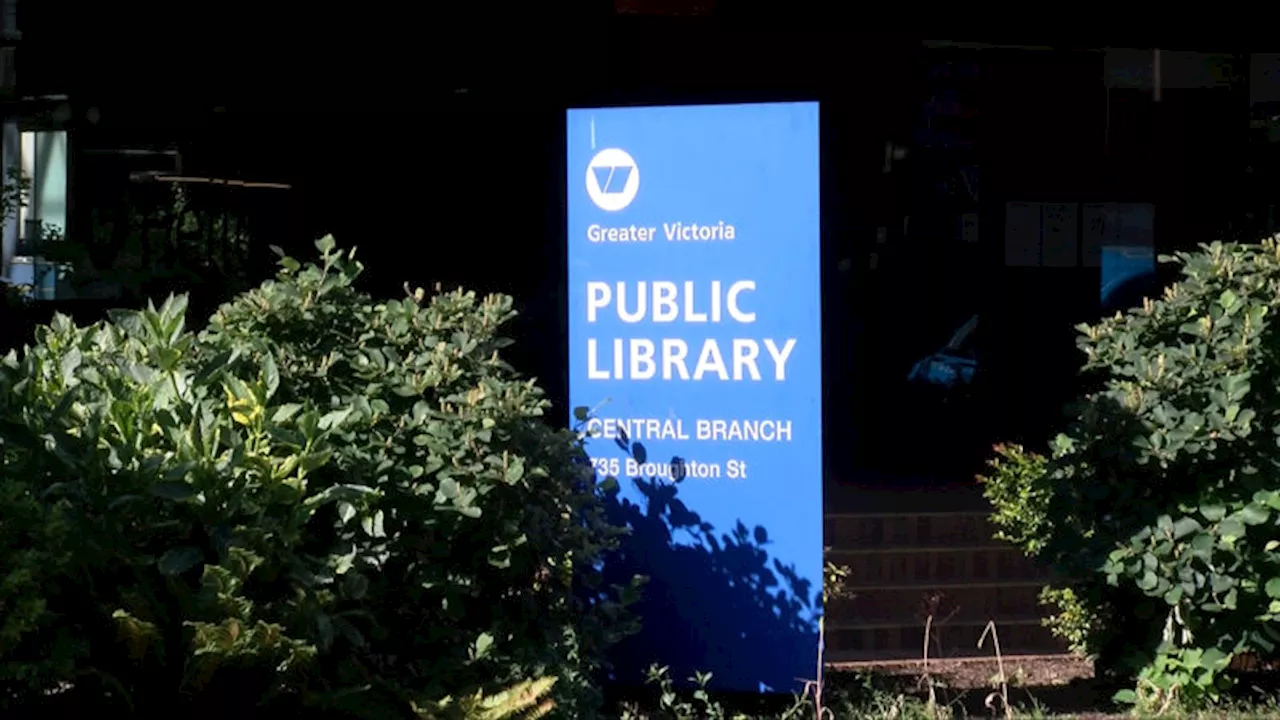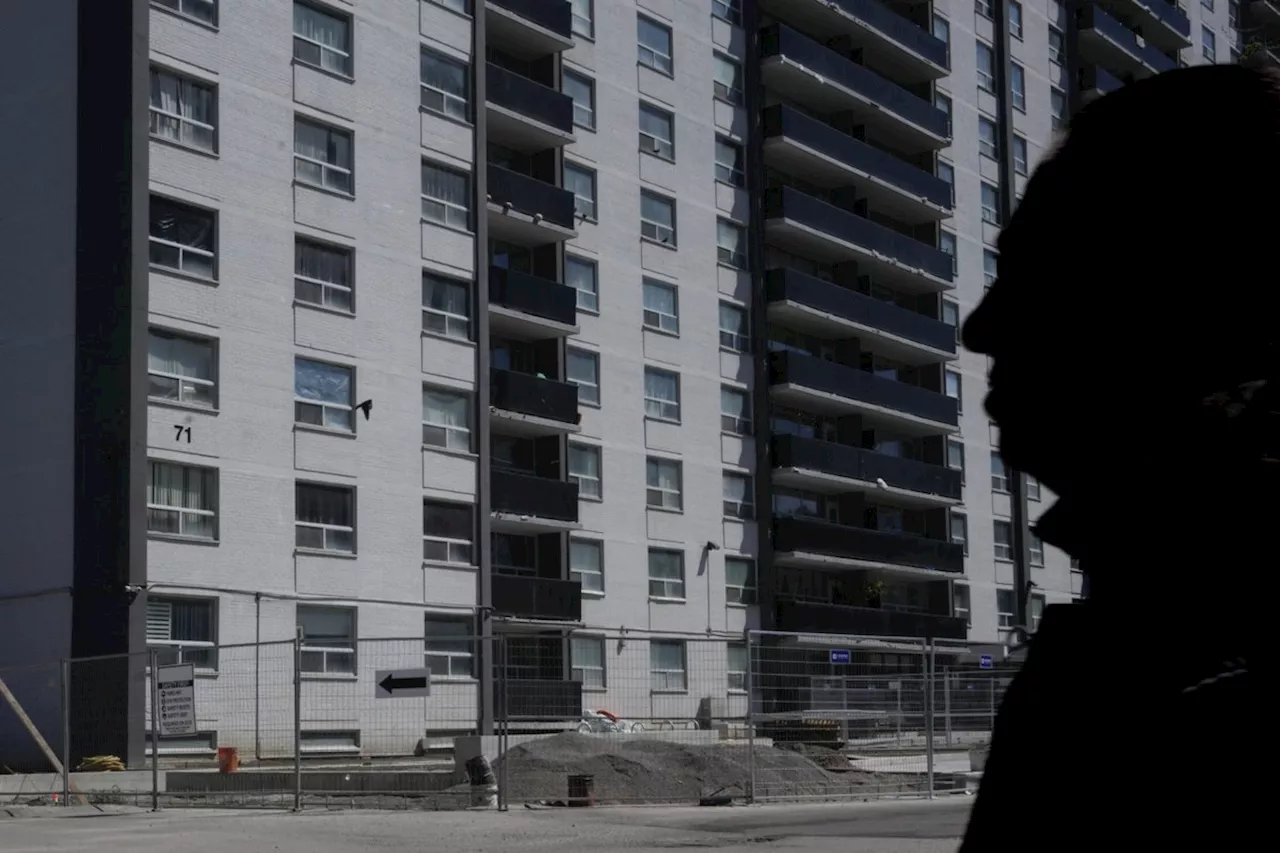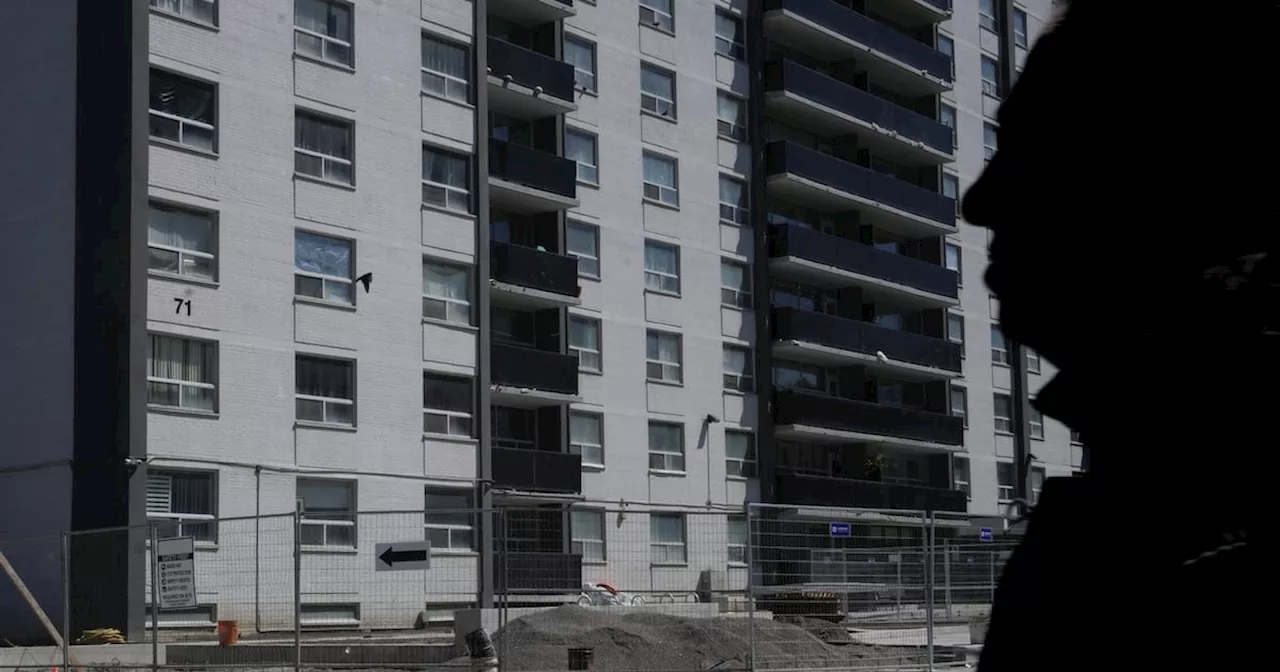While average rents across Canada fell in 2024, Victoria saw a continued rise in rental costs, attributed to a strong local economy and increased housing supply.
Renters in Canada may welcome news of declining average rents, but those eyeing Victoria may face a different reality. The average asking rent for residential properties across Canada dropped by 3.2 per cent in 2024, falling to $2,109 in December, according to Rentals.ca’s January 2025 Rent Report. This marks a 17-month low and the first annual decline since 2020, when rents decreased by 5.4 per cent during the COVID-19 pandemic.
This news may come as refreshing for renters as the report notes that rents in recent years had grown by 8.6 per cent in 2023 and 12.1 per cent in 2022. In British Columbia, the average asking rent for apartments dipped by 0.5 per cent to $2,487, marking the second consecutive year of declines after a 1.4 per cent decrease in 2023. Giacomo Ladas, associate director of communications at Rentals.ca, attributes the trend to additional housing supply entering the market, helping to alleviate the long-standing national housing crisis. “There's been a multi-decade high in apartment completions,” said Ladas. “We've seen a lot of supply come into the market, which is probably the number one reason why the rents are going down.” Another factor, Ladas added, may be linked to a country-wide slowdown in population growth subsequently leading to a decreasing demand for rental units. He added that these figures could also be indicative of a shift in renter’s preferences amid challenging economic times. “People are now prioritizing affordability much more than accessibility, and they are just not prioritizing living in these downtown metro cores as much where rent is at a premium. We're seeing a lot of interprovincial migration we're seeing people go to secondary or tertiary markets.”Vancouver, still topping this year’s list as Canada’s most expensive rental market, saw a 5.8 per cent decline, marking its second consecutive year of decreases. “People are frankly moving out,” said Ladas. “Property managers and developers are adding a lot more moving incentives to their rental units to try to get people into their buildings.” Despite the national downward trend, Victoria continues to see rent increases across all unit types. The average rent in the city reached $2,362 at the end of 2024, reflecting a three per cent overall increase. Studio apartments saw an eight per cent rise, while two-bedroom units jumped four per cent. This may be attributed to the city’s bullish employment market, which outperformed both B.C. and Canada at the end of 2024, Ladas said. “Unlike other areas across the country, Victoria's unemployment rates have been pretty low. really affects the cost of rent, how much money people have and how much people can ask for.” Ladas also noted that vacancy rates in the capital city, which are higher than in Vancouver, have reached their highest level since 2013, quoting the Canada Mortgage and Housing Corporation. The addition of brand new apartments to the rental market naturally drives up the city’s averages, explained Ladas, noting this trend is “reflective of a healthier rental ecosystem.” “Demand is still pretty high, but there has been an influx of new rental units that have increased the amount of options people have.” The report concluded that B.C. and Ontario continued to have the highest average rents nationwide. Meanwhile, Manitoba recorded the largest annual rent increase among provinces, with a 5 per cent rise to $1,618. For more information about the report, visit Rentals.ca
RENT DECLINE CANADA VICTORIA HOUSING MARKET ECONOMIC TRENDS
Canada Latest News, Canada Headlines
Similar News:You can also read news stories similar to this one that we have collected from other news sources.
 Greater Victoria Library Sees Surge in Digital Borrowing, Driven by Trends and Fine-Free PoliciesThe Greater Victoria Public Library (GVPL) reports a 20% increase in digital borrowing for 2024, revealing popular reading trends in the Capital Region. Historical fiction remains a favorite among adults, while teenagers are influenced by 'BookTok', a TikTok community focused on books. Graphic novels continue to be popular with children. The library also notes a success with its first full year as a fine-free library, leading to a 22,000 increase in new library cardholders.
Greater Victoria Library Sees Surge in Digital Borrowing, Driven by Trends and Fine-Free PoliciesThe Greater Victoria Public Library (GVPL) reports a 20% increase in digital borrowing for 2024, revealing popular reading trends in the Capital Region. Historical fiction remains a favorite among adults, while teenagers are influenced by 'BookTok', a TikTok community focused on books. Graphic novels continue to be popular with children. The library also notes a success with its first full year as a fine-free library, leading to a 22,000 increase in new library cardholders.
Read more »
 Canada Sees First Decline in Family Doctors Since Mid-1990sNew data reveals a worrying trend in Canada's healthcare system: for the first time since the mid-1990s, the number of family physicians has decreased. This decline, coupled with a growing and aging population, further strains the already overburdened primary care system.
Canada Sees First Decline in Family Doctors Since Mid-1990sNew data reveals a worrying trend in Canada's healthcare system: for the first time since the mid-1990s, the number of family physicians has decreased. This decline, coupled with a growing and aging population, further strains the already overburdened primary care system.
Read more »
 Canada sees drop in number of family physicians for the first time in decades, study findsCanadian Institute for Health Information report also finds that the average family doctor saw fewer individual patients in recent years than they did 10 years ago.
Canada sees drop in number of family physicians for the first time in decades, study findsCanadian Institute for Health Information report also finds that the average family doctor saw fewer individual patients in recent years than they did 10 years ago.
Read more »
 Canada Sees Rent Growth Slow, Largest Purpose-Built Rental Supply Increase in DecadesCanada experienced a significant slowdown in rent growth this year, coinciding with a record surge in purpose-built rental housing supply.
Canada Sees Rent Growth Slow, Largest Purpose-Built Rental Supply Increase in DecadesCanada experienced a significant slowdown in rent growth this year, coinciding with a record surge in purpose-built rental housing supply.
Read more »
 Canada Sees Slowing Rent Growth and Record Rental SupplyCanada's rental market is experiencing a slowdown in rent growth and a significant increase in purpose-built rental supply.
Canada Sees Slowing Rent Growth and Record Rental SupplyCanada's rental market is experiencing a slowdown in rent growth and a significant increase in purpose-built rental supply.
Read more »
 Canada Sees Slowing Rent Growth, Largest Supply Increase in DecadesCanada's rental market experienced a cooling in rent growth this year, with a significant increase in the supply of purpose-built rental apartments. The Canada Mortgage and Housing Corp. reported a 2.2% vacancy rate for purpose-built rental units in October, up from a record low of 1.5% the previous year.
Canada Sees Slowing Rent Growth, Largest Supply Increase in DecadesCanada's rental market experienced a cooling in rent growth this year, with a significant increase in the supply of purpose-built rental apartments. The Canada Mortgage and Housing Corp. reported a 2.2% vacancy rate for purpose-built rental units in October, up from a record low of 1.5% the previous year.
Read more »
